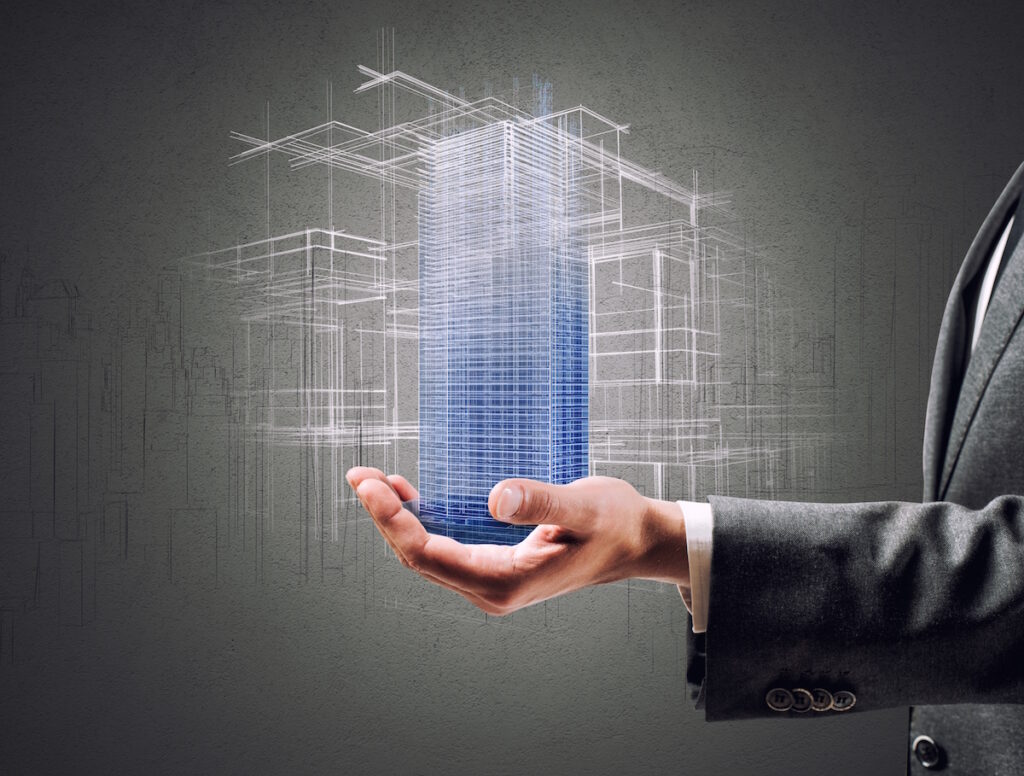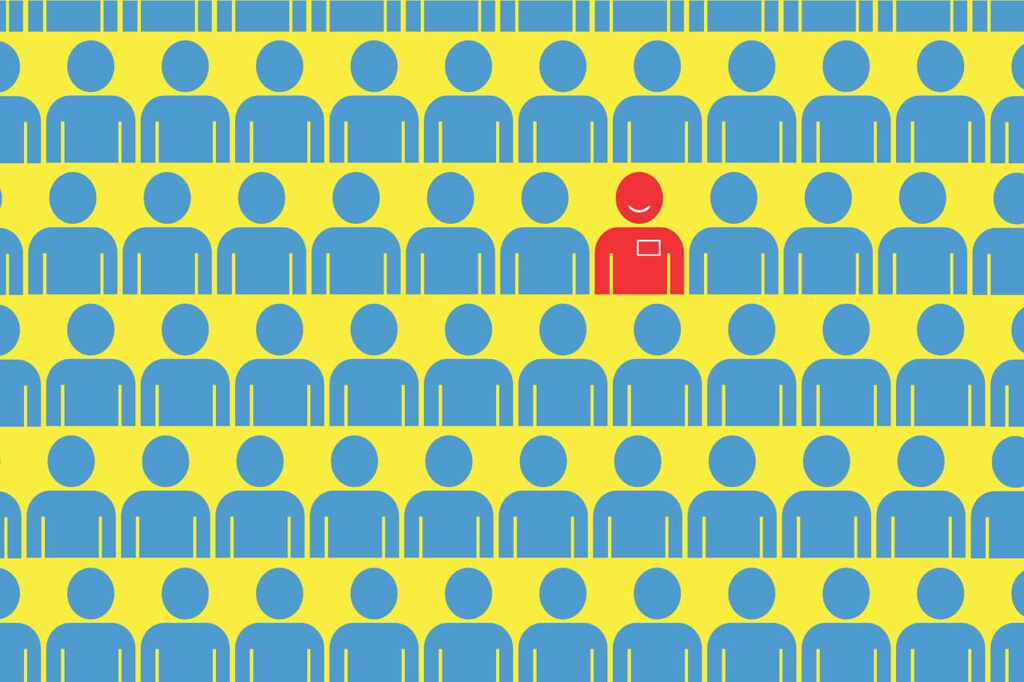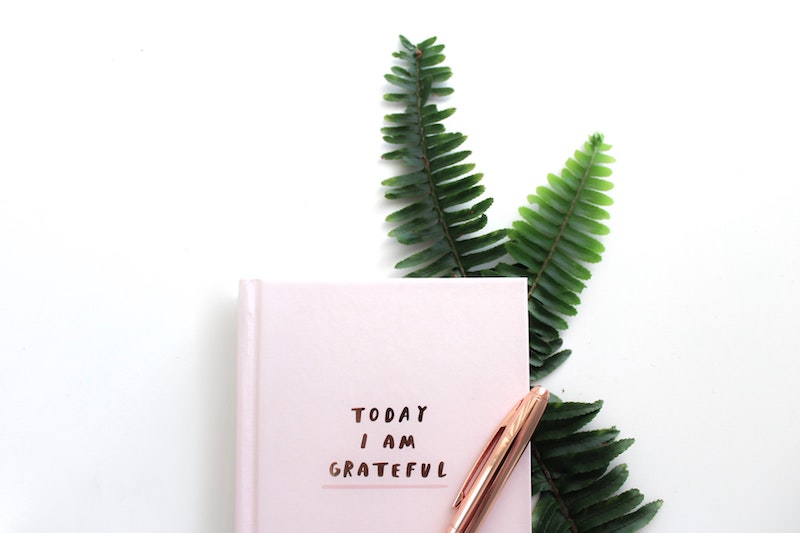The other day, I was speaking with a friend who had taken several years away from work to spend more time at home with her young daughters, but she had made it her New Year’s resolution to rejoin the rat race. The job search, however, was proving a little more difficult than she had anticipated. What was surprising to me, given her impressive resume and extensive credentials, was clearly a source of angst and frustration for her. After a series of rejections, she was in a tailspin of defeat, threatening to just flip burgers at the nearest fast food joint. “They’ll hire me,” she said. And while there’s nothing wrong with working in the service industry, it’s something we both knew wouldn’t make her happy. Her passion is graphic design, and working an unfulfilling, low-paying job, though probably easier to obtain, was only going to make her situation worse simply because it’s not what she truly wanted.
I found this to be an interesting sentiment, and one that I encounter often. When faced with discouragement, a lot of us tend to throw up our hands and resign ourselves to something “more realistic,” which is code for “something that will make me more miserable than I already am.” I thought about this well into the night after our coffee date and asked myself: Why is that where our minds go? Why is it so easy to resign ourselves to something worse than it is to discover something better?
I think part of it is an attempt to play reverse psychology with the universe, with fate, with God—whatever you like to call it. We’re daring whatever is in control (so to speak) to prove us wrong by giving us what we’re “not expecting.” But beyond that, aiming lower is a quick fix to desperation. When we take a moment to examine our lives and feel stuck, or like my friend, we crave some sort of movement in pursuit of a set goal, we seek change—and fast. The problem is that the destructive, for whatever reason, is faster and more attainable than building what we want. Think about it: It can take years, decades even, to build, say, a beautiful cathedral but mere seconds to tear it down. It’s the same in life—movement upward can take an excruciating amount of time, but that time allows for something incredible to flourish.
The difference is that brick by brick, building is intentional; every action has a purpose in line with a higher goal. In the face of discouragement, stagnation, or even failure, it’s important that we stop seeing any movement as a positive. Envision the life you want and work backwards to lay down the foundation; move accordingly from there. But understand that whatever you do to live the life you want—whether you decide to learn a new skill or build a business from the ground up—it’s going to take time. This might mean that your movement upward may not feel like movement at all; the change may be slow and steady. But, as someone once said, “The day you plant the seed is not the day you harvest the fruit.” So move upwards and move intentionally; it may be easier to ruin your life, but it’s more rewarding to live a life you love.



